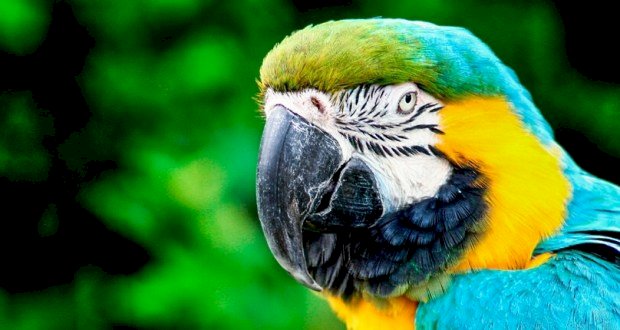CHECK OUT NATURES’ MAGNIFICENT MACAWS
BRILLIANT colors burst from the forest canopy as a flock of birds take wing!

BRILLIANT colors burst from the forest canopy as a flock of birds take wing! This magnificent sight amazed the European explorers who arrived in Central and South America beginning in the late 15th century. What they saw were macaws, long-tailed parrots that can be found in the tropical regions of the Americas. Before long, pictures of these spectacular creatures appeared on maps of the region as a symbol of the newly found paradise.
















